
BLOG
What’s new at kevin.
All articles
News
Success stories
Open banking
Payments
Products
All articles

News
kevin. raises $65M to bring A2A payments to POS terminals
3 min read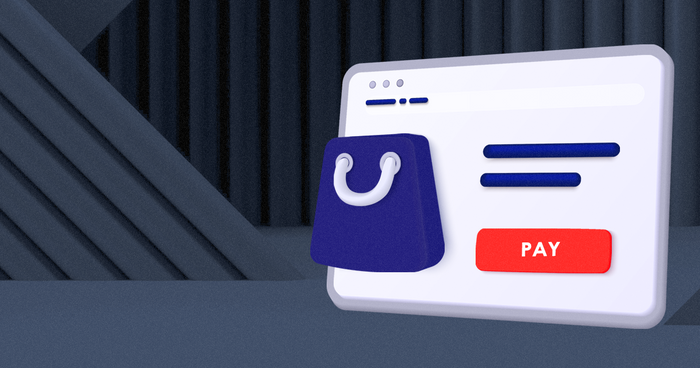
Payments
Why offering multiple payment options is critical for business success
5 min read
Payments
How a modern payment infrastructure can impact your business
6 min read
Products
How kevin. secures online payments
4 min read
Products
Building a resilient payment infrastructure
5 min read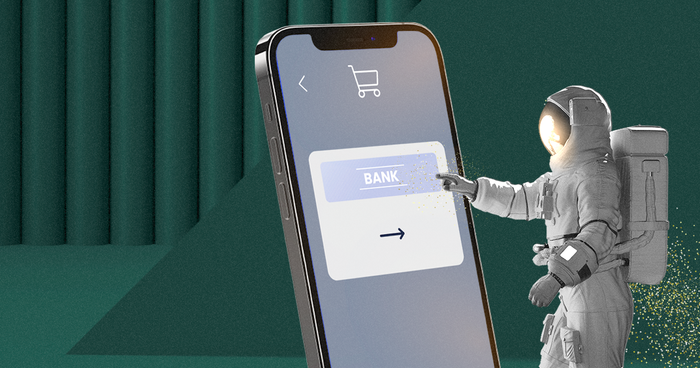
Payments
Grow your business with one-click payments
3 min read
Payments
What are instant payments?
5 min read
Open banking
What is open finance, and how does it differ from open banking?
7 min read


Payments
What are NFC payments, and how do they work?
7 min read
Payments
In-app payments: what are they and how they work
5 min read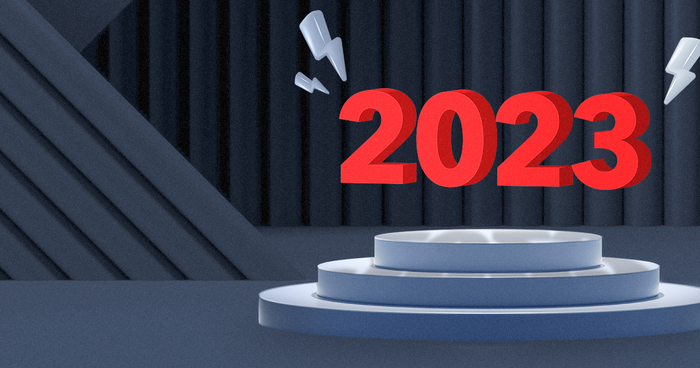
News
Let’s talk 2023: what does our team have to share?
10 min read

Get kevin. news delivered to your inbox.

Payments
What are contactless payments, and how do they work?
7 min read
Products
kevin. Tech Talks: helping engineering scale
3 min read
Products
kevin. dashboard for easy self-onboarding
6 min read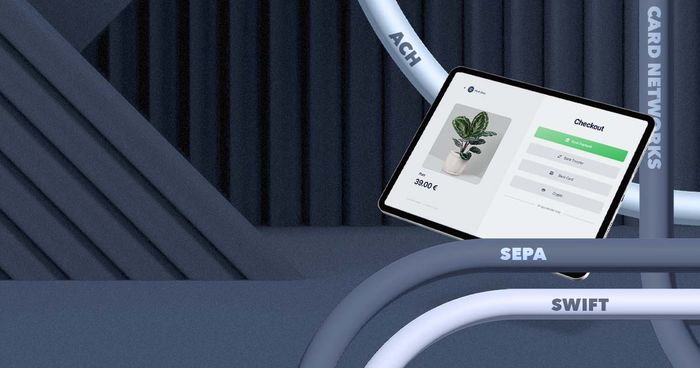
Payments
What are payment rails, and which are best for your business?
7 min read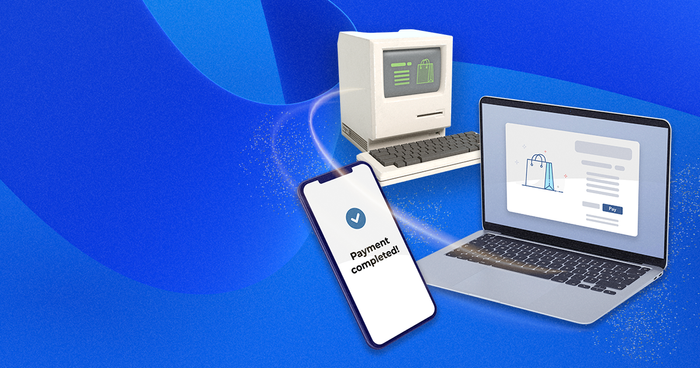
Payments
The history & development of online payments
4 min read
Payments
How to eliminate payment card processing fees
7 min read
Products
What does it take to bring innovations to the payment industry?
5 min read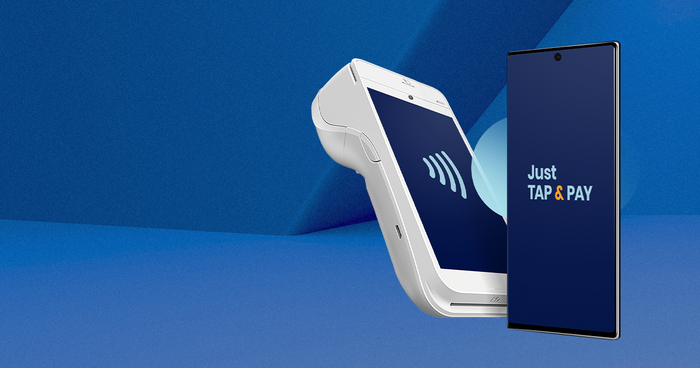
News
kevin. partners with Monet+ to enable in-store A2A payments in Europe
2 min read
Products
The future of payments is now - A2A payments for POS terminals
4 min read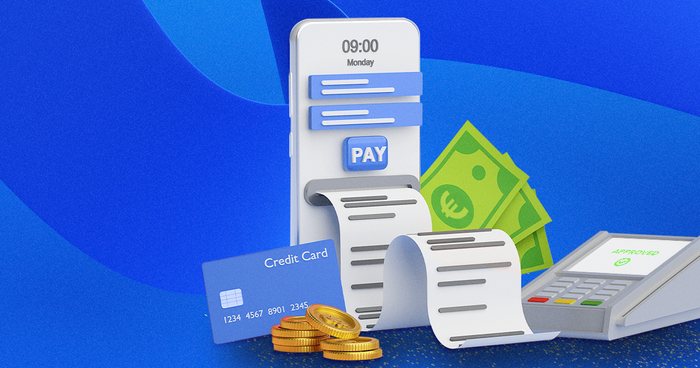
Payments
What are mobile payments?
12 min read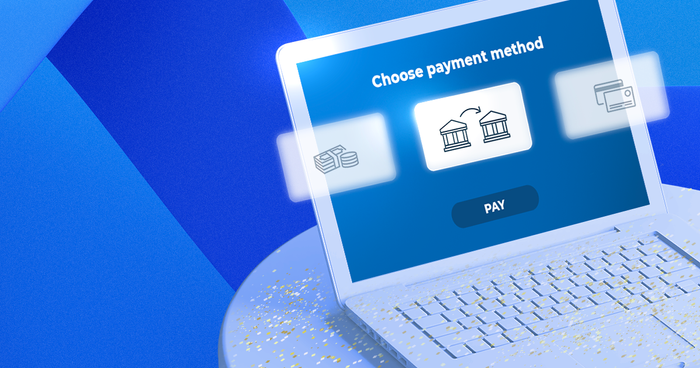
Payments
Different payment methods — the complete guide
11 min read
Payments
Payment tokenization explained: all you need to know
6 min read
Payments
What are account-to-account (A2A) payments?
5 min read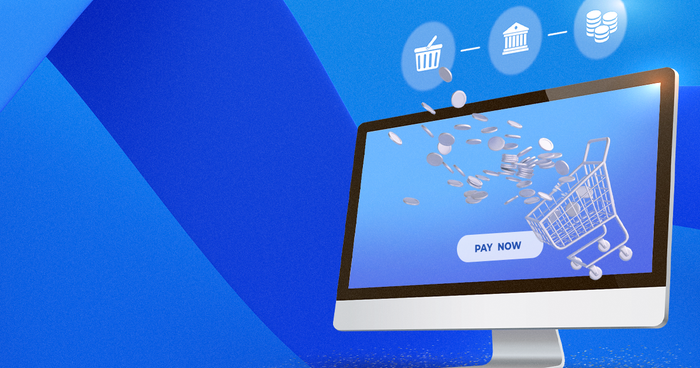
Payments
What is a payment gateway and how does it work?
10 min read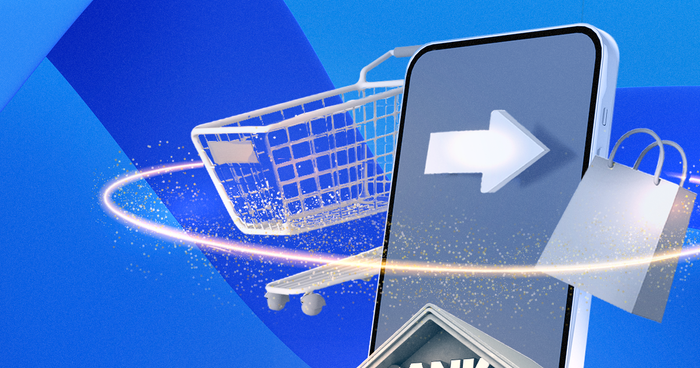
Payments
What is a payment service provider (PSP)?
6 min read
Open banking
What is a Payment Initiation Service (PIS)?
6 min read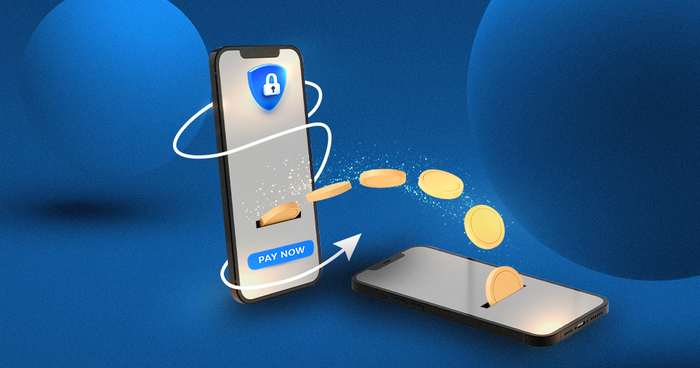
Products
kevin.’s mobile in-app payment solution
4 min read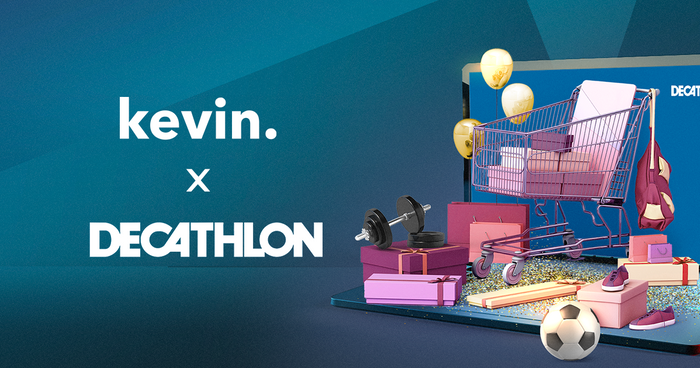
Success stories
kevin. reduces Decathlon’s abandoned carts by 50%
3 min read
Products
Bank account linking is the future
6 min read
Success stories
uniPark uses kevin. to offer safer parking payments
3 min read
News
kevin. named the fintech company of the year in CEE
2 min read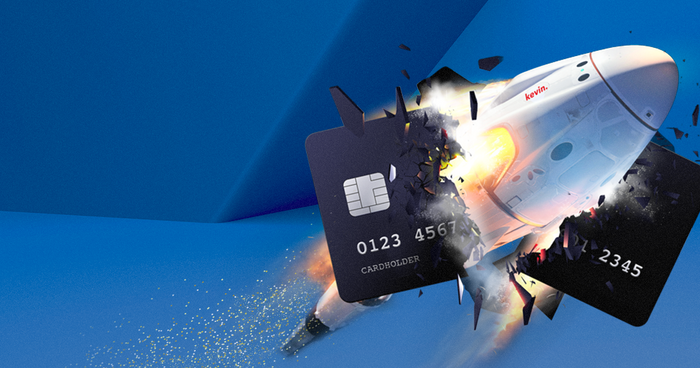
News
kevin. secures $10M to disrupt card networks
3 min read